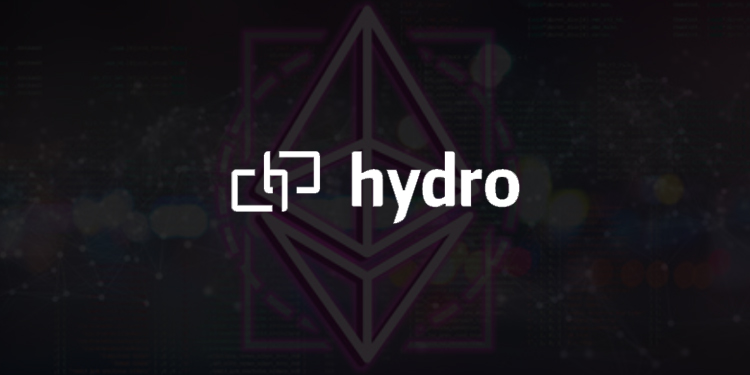The team of Hydro Protocol, an open-source framework for building decentralized exchanges, has now open-sourced three project libraries it found most useful for interacting with the Ethereum blockchain.
Beyond the three libraries open-sourced today, Hydro Protocol says more will be coming in the months ahead in an effort to give back to the community.
Listed below are the first three libraries open-sourced. Utilized by the Hydro Protocol team daily, the tools could be useful to a wide spectrum of blockchain developers and enthusiasts.
Now Open Source
1. Ethereum-watcher – https://github.com/HydroProtocol/ethereum-watcher
An extensible framework for listening to on-chain events and doing something in response. Hydro used it internally to update its realtime front-end, create tracking dashboards, and handle critical events such as liquidations.
2. Ethereum-tx-sender – https://github.com/HydroProtocol/ethereum-tx-sender
A useful library to reliably send a transaction — abstracting away some of the tricky low-level details such as gas optimization, nonce calculations, synchronization, and retries.
3. Ethereum-jsonrpc-gateway – https://github.com/HydroProtocol/ethereum-jsonrpc-gateway
A gateway that allows the ability to run multiple Ethereum nodes for redundancy and load-balancing purposes. It can be run as an alternative to (or on top of) Infura. It also includes helpful features such as permission and rate limitations.
“In the past year, we focused on open sourcing high-quality solidity smart contracts. However, we realized that for every developer who wishes to deploy production level smart contracts, many more simply wish to interact with blockchains to build interesting applications on top of existing protocols. For example, if you wanted to create a Twitter account that tweeted each time someone was liquidated on a decentralized exchange, you would need to automate a way to pull specific data from smart contracts and track these on-chain events. You don’t need to write/maintain a contract, you just need ways to interact with them. The watcher project below can be used for this. By open-sourcing useful utility projects that make it easier to perform common blockchain operations, we are able to provide more value to the community at large.”
– The Hydro Protocol Team
